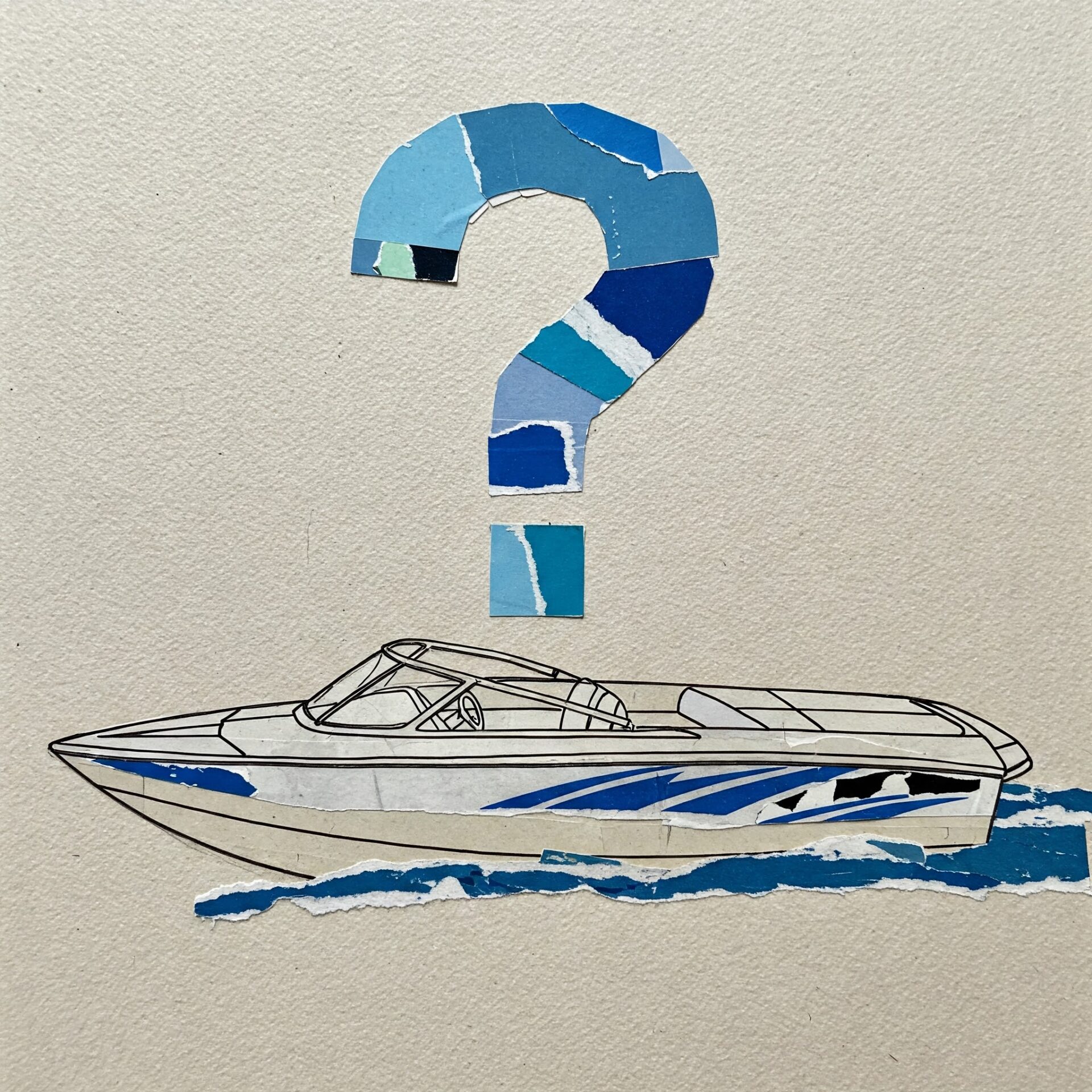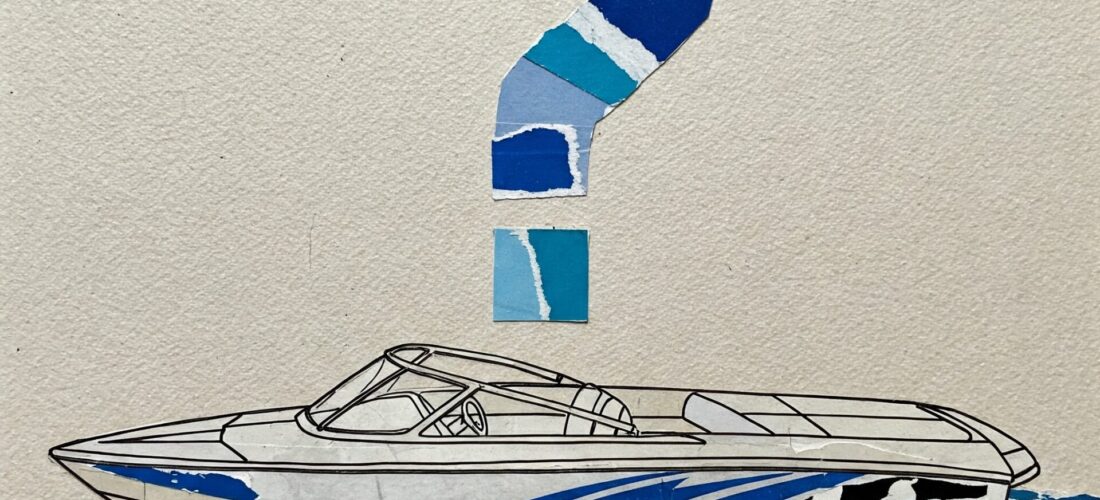Decision looms on IWWF tow boat contract

The decision may set the course of the sport well into the 2030s.
By Jack Burden
A major shift in the watersports world is quietly approaching shore, as the International Waterski & Wakeboard Federation (IWWF) prepares to select its next official tow boat partner for the federation’s marquee events. Though the decision is due today, it remains unclear when the IWWF will make its choice public.
The current agreement—held by Nautique since 2016—comes to an end in December. The new contract offers a six-year term, with an option to renew for another six, and covers exclusive towing rights for all IWWF World Titled Events in Waterski, Wakesports (including Wakeboard and Wakesurf), or both. With bidding closed as of February 28 and intents of interest submitted by the end of January, the field has narrowed—and the implications are wide-reaching.
The current agreement—held by Nautique since 2016—comes to an end in December. The new contract offers a six-year term, with an option to renew for another six, and grants exclusive towing rights for all IWWF World Titled Events in Waterski, Wakesports (including Wakeboard and Wakesurf), or both. According to a report from IWWF President, José Antonio Pérez Priego, leading manufacturers were invited to submit an intent of interest by January 31, with full bids due by February 28. The IWWF Executive Board is scheduled to finalize its decision by March 15.
At the heart of the process lies a high-stakes intersection of performance, politics, and business. The winning manufacturer won’t just supply boats—they’ll also provide technical and logistical support, assist with marketing efforts, and, crucially, make a financial contribution, which remains one of the IWWF’s most significant sources of revenue.
The trio of top-tier manufacturers—Nautique, MasterCraft, and Malibu—are familiar contenders. MasterCraft served as IWWF’s partner from 2009 to 2015, before the contract passed to Nautique in a high-profile 10-year deal. Since then, Nautique boats have towed everything from Junior Worlds to the Over-35s and World Disabled Championships, becoming synonymous with the sport at the highest level.
But the landscape has shifted. Malibu, while maintaining a strong presence in the wakeboard and wakesurf scene, has visibly reduced its footprint in tournament waterskiing—no longer sponsoring athletes and appearing to take a step back from that segment of the market. Their future with the IWWF may hinge on a bid that leans toward Wakesports rather than a comprehensive package.
This raises a deeper question reverberating within industry circles: has the IWWF’s long-term approach to contracts helped or hindered the sport’s evolution?
The previous decade-long deal provided stability and vital funding, but it may have unintentionally contributed to a sense of inertia. When a single manufacturer dominates the top competitive stage for so long, it can disincentivize innovation, investment, or even participation from competitors. In a sport that already operates within a niche market, extended exclusivity may limit broader industry engagement and investment.
Still, the upside of the contract is significant. The chosen boat becomes the one that athletes train behind year-round. It shapes how they prepare and compete. It becomes not just a partner, but the platform for future world champions.
Today, the IWWF Executive Board is expected to finalize its decision. When that announcement will be made public, however, remains unknown. What is certain, however, is that the boat chosen to tow the world’s top athletes will be pulling more than just competitors—it will be pulling the sport’s future.

